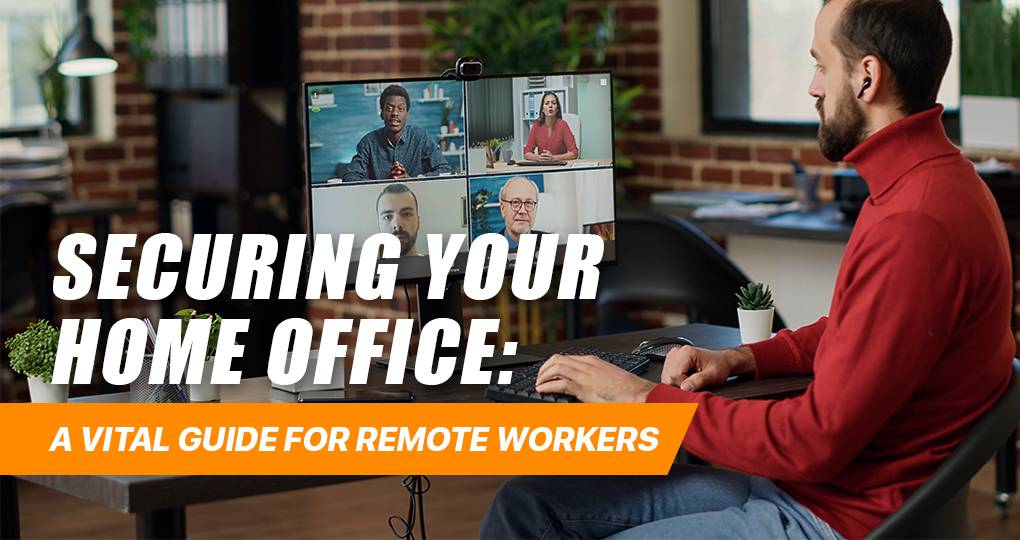
Securing Your Home Office: A Vital Guide for Remote Workers
In the era of remote work, the home office is the new frontier for professionals. Yet, as we revel in the convenience of working from home, paying attention to the crucial aspect of home office security is paramount. As remote workers traverse the digital landscape, they must be armed with knowledge and tools to shield themselves and their employers from potential cyber threats.
First and foremost, establishing a robust and unique password system is critical. Remote workers should avoid easily guessable passwords and consider implementing multi-factor authentication for added protection. Regular password updates and a combination of letters, numbers, and symbols significantly enhance the security of remote work environments.
Securing the home network is equally vital. Changing default router login credentials, enabling WPA3 encryption, and regularly updating router firmware can mitigate potential vulnerabilities. Creating a separate network for work devices isolates them from personal devices, reducing the risk of unauthorized access.
The devices used for remote work, from laptops to smartphones, must have up-to-date security software. Regularly updating operating systems, antivirus programs, and security tools patches vulnerabilities and safeguards against evolving cyber threats. Employers should provide guidelines on secure device usage and, where feasible, supply remote workers with company-managed devices configured with necessary security measures.
Education is vital in fostering a security-conscious culture among remote workers. Training employees to recognize phishing attacks, malware, and social engineering is crucial. This collective awareness empowers the remote workforce to act as a unified defense against cyber threats.
Backing up data is fundamental yet often overlooked. Remote workers should regularly back up important files to external hard drives or secure cloud services. This ensures critical data remains intact in case of device malfunctions or cyber-attacks.
In conclusion, as remote work becomes increasingly prevalent, prioritizing home office security is non-negotiable. By implementing strong password practices, securing home networks, updating device security, educating employees, and regularly backing up data, remote workers can establish a robust defense against cyber threats. In the dynamic digital landscape, safeguarding the virtual workspace demands vigilance, awareness, and a commitment to best practices in home office security.





